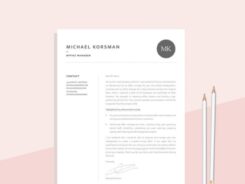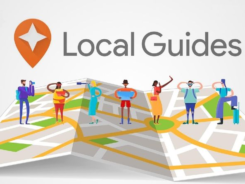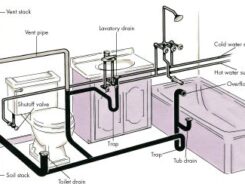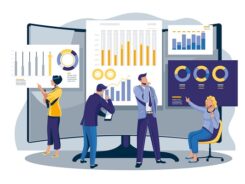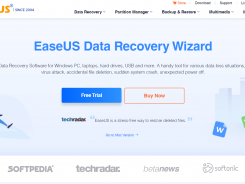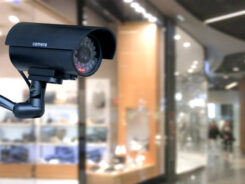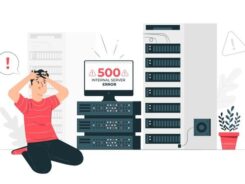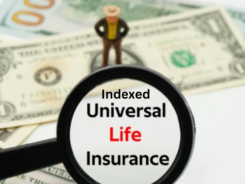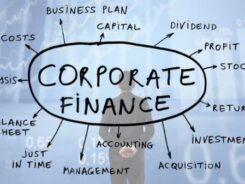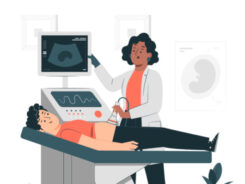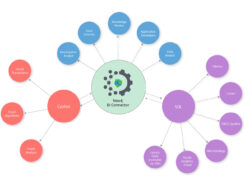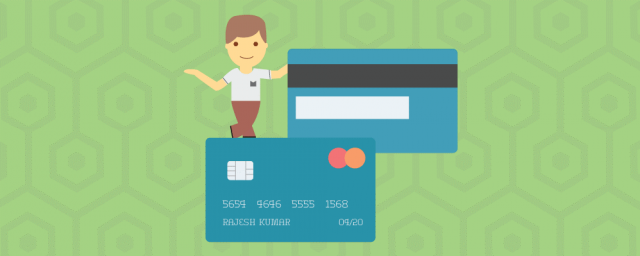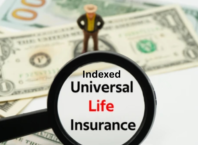If you search for credit cards online, you may find an article or two asking you to keep an arm’s length distance from it. Financial experts across the world will agree that a credit card is a debt trap, if not used responsibly. While there is some truth to this, there are several benefits you get access to with this plastic card.
The rules for any borrowed financial product apply to a card as well. After all, every expense charged is money you owe to the bank. So, why should you switch your cash for a credit card?
Here are some top reasons why this shiny, plastic card can actually help you add value to all your expenditures.
1. Sign-up bonuses
There’s something so satisfying about enjoying perks the minute you get a new credit card. Now, the bonuses may vary depending on the type of card and the card provider. Sometimes, you may get rewarded in points or miles, and sometimes, you may get a shopping voucher. If the benefit is incredible, you can use it to your advantage.
2. Rewards
There are three types of rewards you get with a credit card—reward points, cashback, and frequent flyer miles.
Let’s start with reward points, which can be earned for spends in certain categories. Once you’ve accumulated a sizeable amount of points, you can redeem them for merchandise, vouchers, products, cash, and more. Some cards also let you convert these points to frequent flyer miles.
Cashback is when your card provider directly deposits the cash rewards you’ve earned to your bank account. Sometimes, you can only use your cash rewards for redemption of merchandise or vouchers.
And finally, the miles you earn on your expenses can be redeemed for airline tickets through your frequent flyer programme.
Before you use your credit card to earn these rewards, it’s important to read the terms and conditions and see what expenses earn rewards. Once you have a clear understanding of how the rewards programme works, you can maximise the value of your purchases easily.
3. Insurance
While it’s advised to not rely entirely on your card’s insurance, it’s always good to have an additional layer of security. You get access to various types of insurance with your card—rental car, personal accident, travel, purchasing protection, and more.
Let’s say you’re going on vacation and your flight is cancelled at the last minute. If your card allows it, you can claim the losses because of the trip cancellation insurance, even if it’s a non-refundable flight.
Similarly, you also get insurance on your outstanding credit balances. In case of your untimely demise, your family will not be liable for your credit card bills. The insurance will waive your outstanding. Again, this varies from bank to bank.
It’s crucial you read the terms and conditions to better understand the types of insurance offered and how it can be accessed.
4. Consumer protection
Let’s assume someone has stolen your credit card and decided to treat themselves to a shopping spree. Now, this could hurt your finances incredibly if you weren’t protected by zero fraud liability. However, most cards these days will let you off the hook if someone has made unauthorised or fraudulent purchases on your card.
The key is to report loss or theft of your card to your bank immediately. You can always get in touch with the customer care or visit your nearest bank. Your card will be blocked instantly, preventing further transactions.
5. Ease of use
It can be a hassle to pay for your purchases all the time with cash. Especially, if you’re standing in a line at the supermarket and looking for change in your wallet. With a credit card, you get an added advantage of convenience. One swipe and your payment for the transaction is complete.
You also don’t have to drop by an ATM every week to replenish your funds. Most stores accept card payments these days. Cards are also useful when making big-ticket purchases.
6. Expense tracking
When you’re paying for all your daily expenses with cash, you may find it a little difficult to track these expenditures. Unless you keep every bill handy, there might be missteps in your calculations as well. With a credit card, you can manage your expenses easily by just checking your statement. All you have to do is log in to your netbanking to get a copy.
Not only will this help you monitor your spending but it also helps you stick to your budget easily. You create a paper trail as well, which you can use to your advantage.
7. Credit score improvement
If you don’t have a credit history, it’s good to start with a credit card. Your repayment behaviour, if consistent, can help you build a good record and a good score.
Alternatively, if you’re trying to improve your score, you can always start by clearing your outstanding balances on time. You can also maintain your credit utilisation ratio and ensure you don’t use it irresponsibly to bump up your score.
A credit card can be a boon, if you know how to make it work for you. There’s a reason many people deal with debt—lack of money management. You may be tempted to spend a little extra with your card. However, if you cannot pay your outstanding balances in full next month, you should know you cannot afford these expenses.
If you plan to use your card for your expenditures, it’s crucial to have a budget and a plan in place. Start by tracking your monthly expenses, understand your disposable income, and more importantly, understand the inner workings of your credit card. Once you have a clear understanding of the interest-free period, the interest charged, and your payment cycle, using your card will be a breeze. At the end of the day, your credit card should play a supporting role in your financial life. That’s when you’ll have the most rewarding experience.


